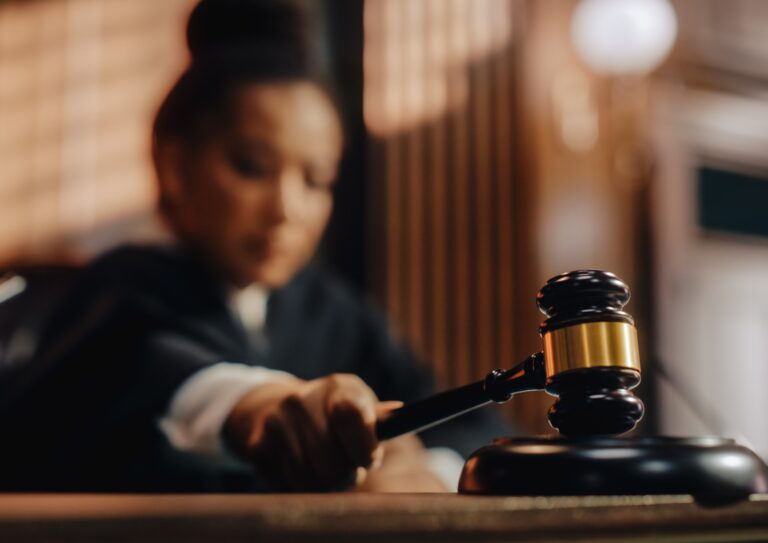The Three Essential Roles in Witness Preparation
August 20, 2024

The Three Essential Roles in Witness Preparation
In an article on the Your Trial Message blog, Ken Broda-Bahm says that witness preparation for deposition or trial requires a tailored approach based on the witness’s unique needs, experiences, and emotional state. The key is to make the witness informed, comfortable, confident, and prepared.
Broda-Bahm says that witness preparation can be conducted by trial counsel or a consultant using three personas: counselor, teacher, and coach.
The Counselor focuses on addressing the witness’s emotional state. They help manage stress, cope with the process, and build confidence. Some witnesses might openly express their concerns, while others might mask their anxiety with false composure. Engaging with the emotional aspects is crucial to ensuring the witness is adequately prepared.
The Teacher provides essential knowledge about the testimony process. This includes explaining procedural details, anticipating the opposing side’s questions, recognizing potential traps, and guiding effective responses. The goal here is to offer clear, practical information to ensure the witness understands what to expect.
The Coach involves strategic preparation and practice. This role includes conducting mock testimonies, giving constructive feedback, and refining answers. Unlike simple directive coaching, this role emphasizes helping the witness find their own answers and improve their performance under pressure.
Overall, the preparation process usually starts with the counselor’s role to address emotional readiness, moves to the teacher’s role for procedural understanding, and concludes with the coach’s role to polish performance. Switching between these roles based on the witness’s evolving needs is crucial for effective preparation.
Get the free newsletter
Subscribe for news, insights and thought leadership curated for the law firm audience.




